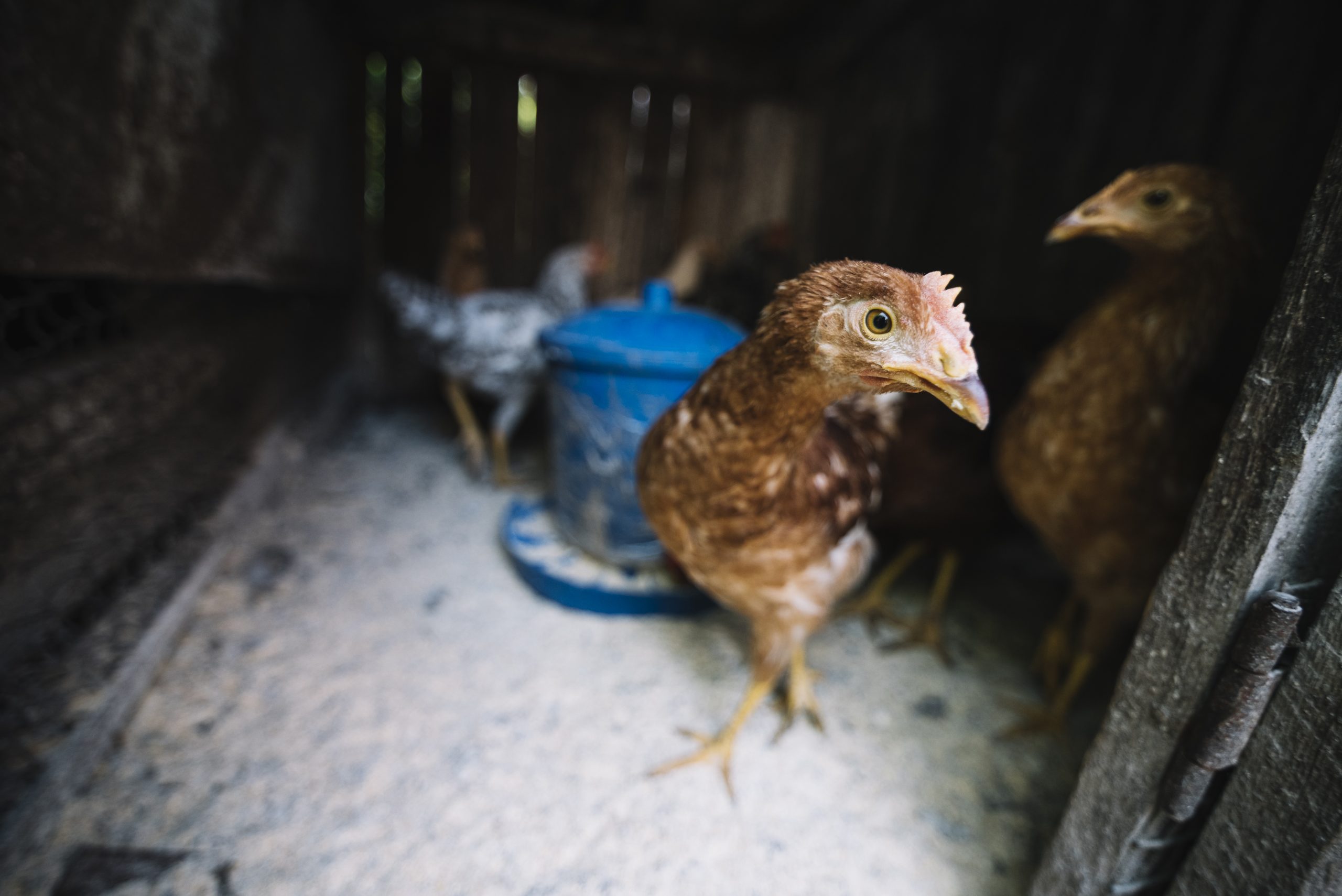Bird flu, or avian influenza, is a serious concern for poultry farmers worldwide. As a farmer, understanding how to protect your flock is crucial to ensuring your business stays strong and your birds remain healthy. At Eggora, we’re committed to keeping you informed, so here’s everything you need to know about bird flu, its risks, and how to prevent it.
What Is Bird Flu?
Bird flu is caused by the avian influenza virus, which primarily affects birds but can sometimes spread to humans and other animals. The highly pathogenic strains, like H5N1 and H5N8, can cause severe illness and high mortality rates in poultry, leading to devastating losses.
How Does Bird Flu Spread?
The virus spreads through direct contact with infected birds, contaminated feed, water, or even farm equipment. Migratory birds, especially waterfowl, often carry the virus and can spread it to domestic poultry. Farmers must be extra cautious during outbreaks as the disease can spread rapidly, wiping out entire flocks.
Signs and Symptoms in Poultry
Bird flu symptoms vary depending on the strain but may include:
- Sudden death with no prior signs
- Swollen head, neck, or eyelids
- Respiratory distress (coughing, sneezing, nasal discharge)
- Decreased egg production
- Loss of appetite and lethargy
- Discolored combs and wattles (bluish-purple)
How to Protect Your Flock
Prevention is always better than cure. Here are key steps to keep your poultry safe:
- Strict Biosecurity Measures
- Limit farm visitors and ensure proper disinfection.
- Keep wild birds and rodents away from poultry areas.
- Regularly sanitize farm equipment and vehicles.
- Monitor Bird Health
- Keep a close eye on any unusual behavior or symptoms.
- Isolate sick birds immediately to prevent further spread.
- Vaccination & Veterinary Support
- Check with your local veterinary authorities on vaccination options.
- Report any suspicious cases to veterinary officials to control outbreaks quickly.
- Proper Waste Disposal
- Dispose of dead birds safely to prevent contamination.
- Keep poultry areas clean and disinfected at all times.
What to Do If Bird Flu Hits Your Farm
If you suspect an outbreak, act fast:
- Immediately isolate affected birds.
- Inform local veterinary authorities—early detection can help control the spread.
- Follow government guidelines for culling and disposal if necessary.
- Avoid panic but take decisive action to minimize losses.
The Impact on the Poultry Market
Bird flu outbreaks often lead to temporary bans on poultry trade, affecting farmers financially. Consumers may hesitate to buy poultry products, leading to decreased sales. However, by ensuring high safety standards, transparent communication, and adherence to regulations, poultry businesses can regain consumer trust quickly.
Stay Informed, Stay Safe
At Eggora, we understand that poultry farming is more than just a business—it’s a livelihood. That’s why we provide the latest updates, expert advice, and a platform to connect with other farmers.
Download Eggora Poultry App for the latest updates in Poultry Industry : https://www.eggora.com/download-app
